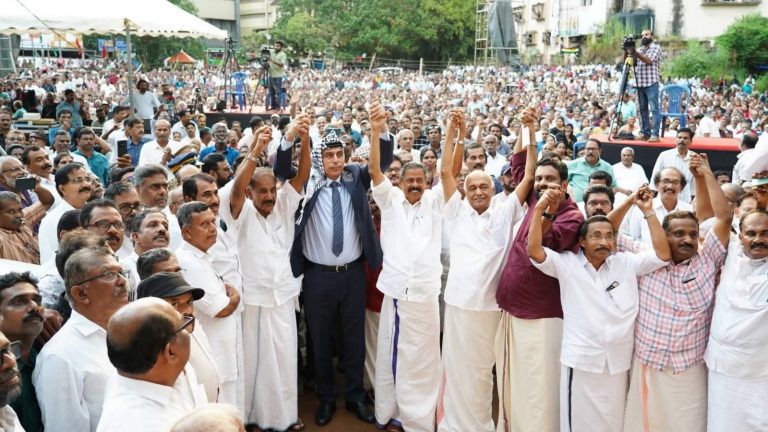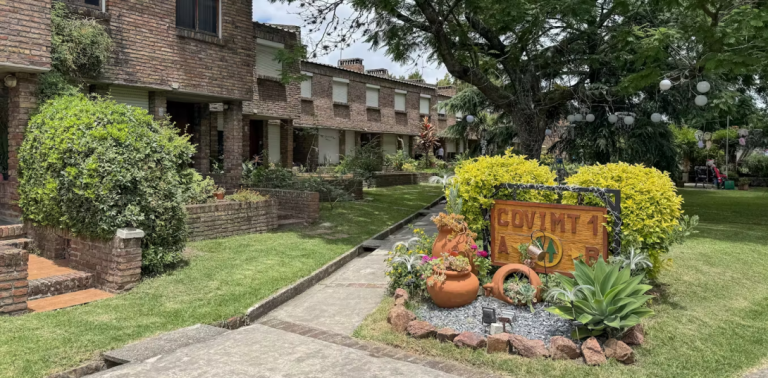People Across Asia And Latin America Mobilize In Support Of Gaza Flotilla
Protests broke out in various countries in Asia on Thursday, October 2, following the Israeli attack on the Global Sumud Flotilla (GSF) on Wednesday and the abduction of hundreds of activists.
The GSF, consisting of over 40 ships with hundreds of activists onboard, was heading towards the besieged Palestinian territory of Gaza in order to break the Israeli siege and deliver crucial humanitarian aid to its people forced to starve by Israel.
The ships were attacked by the Israeli forces on the night of October 1, an attack which continued until October 3, when they were scores of miles away from the Gaza coast. Israeli forces abducted the activists and seized the aid the ships were carrying for the people of Gaza.















